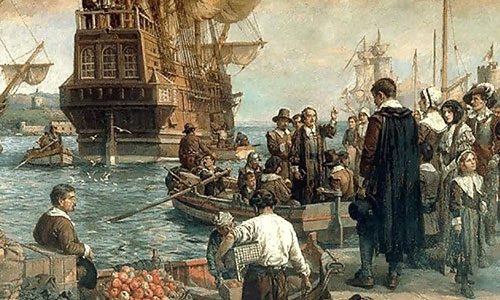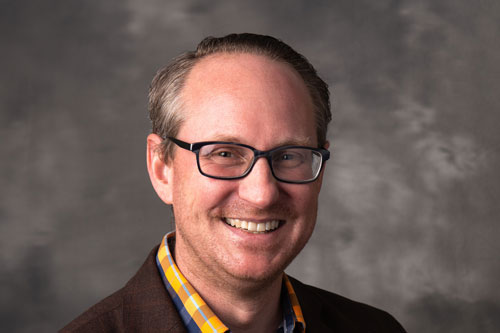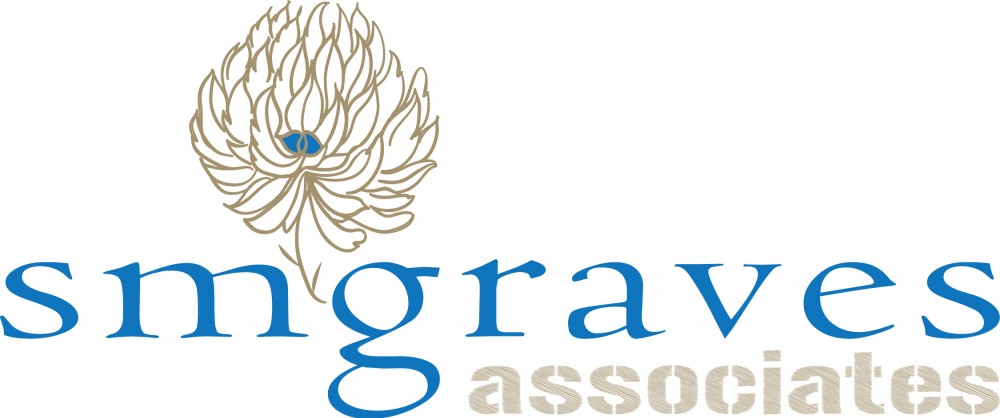Why Commonwealth Matters

Commonwealth Journal, June 26, 2018
Entrepreneurship has lead me down many professional and intellectual paths. Upon reflection I want to share my views on what we are when we are at our best. It is important to all towns large and small, independent business and for building strong communities.
As we approach another July fourth celebration I feel strongly that we should consider focusing in on how we celebrate this holiday. Namely, I think we should use this annual holiday as a time to reflect on and renew our vows to the living idea of a Commonwealth.
The english who settled this great land came from both sides of a horrible and complicated Civil War. From the rolls of Royalists and Parliamentarians, hordes chose to relocate to North America. They did so for many reasons. As it happened, two very different Americas emerged from that great dislocation.
What predominated in North America is the concept of the Commonwealth. I believe that when the citizens of the United State are at their best they are living the vows that tie us to this most worthwhile legacy.

A community that attempts to live out the legacy of Commonwealth is a community whose economy is a real economy. When I refer to a real economy I am referring to the economy of thrift, conservation. An economy based on the passions and talents of real people. People who value each others capability to work at labor that is often hard but always what that person was meant to do; avocation as vocation. In this economy we employ people at that which they are most meant to do. To eliminate jobs in the name of progress is the opposite of progress. To ignore the needs of people and other organisms is to dishonor the Commonwealth. To kick the can down the road, to abuse any part of the ecosystem in service to a better future through the use of technology would be disallowed in such an economy.
This community values and acknowledges the mystery of complexity that surrounds us. The small-hold independent farmer, reliant largely on solar power for the farm to sustain itself works within the complex but elegant dance between life and death, domestic and wild. Science can express much of what this cycle represents and how it works, but science in this community is used to create an oversimplified solution which works to disrupt nature. By oversimplifying any part of this cycle is to interrupt that which we know works and sustains us for all time. I refer here to the stewardship of soil health, animal husbandry, fertilization and ultimately people.
This concept can be applied to all other work. To see work strictly as a quantitative and not qualitative circumstance is to dishonor the ideals of a Commonwealth. Education systems would be considered as more than just in service to job re-training. Universities would not create intellectual property that works in service against the precepts of a Commonwealth. People would demand more out of their work than just a paycheck that gets smaller over time. Prices of goods would not be artificially set to reward far away corporate interests. The entire transaction of all goods and services would stay as local as possible. This would empower each of our communities. The excess would be exported elsewhere, but only after the needs of the immediate environs were met.
I am proud to work as the executive director of our regions only business incubator. I am also an independent business owner in my own right. In all of our endeavors we have two tenants that dictate our behavior. Craftsmanship and Stewardship. In order to move forward with every decision large and small staff and I consciously ask each other, will this work in service to craftsmanship and will it work in service to stewardship of our community. If the new decision will not work in service to these tenants we do not move forward.
I’m asking a lot of my neighbors. To live the ideals of a Commonwealth, the ideals of stewardship and to celebrate the craftsmanship of our neighbors is in our time an uphill battle. I am asking us to make sacrifices in the here and now that will cause short term pain for many of us. For multiple generations we have been inculcated with the ideals of corporatization of nearly all aspects of our life. We are living with the consequences. Poor work opportunities, degradation of the environment we are a part of, suicide, an uneven distribution of wealth, disempowerment writ large has become the norm for too many of our fellow citizens.
I believe we are capable to renew our vows to the ideals of Commonwealth. Consider renewing your vows. What role will you play in building back the community you know we are capable of being?

Scott M. Graves is Executive Director of the Wachusett Business Incubator and founder of New England Playhouse, an independent music education and merchandising company in Massachusetts. Find out how you can benefit from the WBI’s Leadership Candidates Program.
